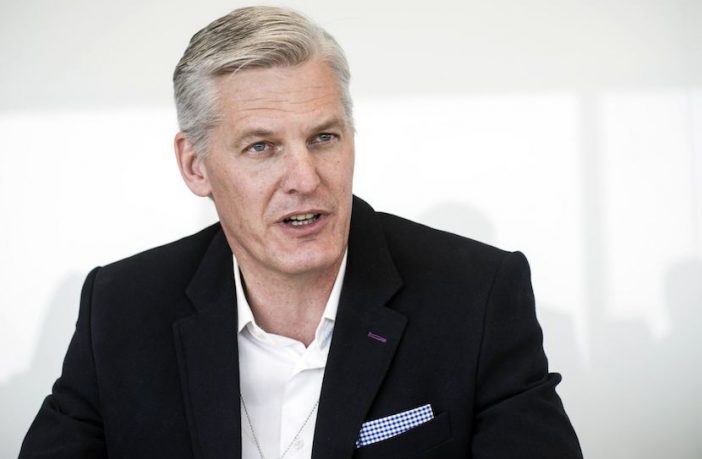- Presenting its state of the system briefing today, Eskom committed to recovering its operational performance and restoring the stability of the power system.
- Eskom has not implemented rotational loadshedding since 08 September 2020, and for three successive weeks during this period managed to meet South Africa’s electricity needs with minimal use of open-cycle gas turbines (OCGTs).
While acknowledging this as a positive and encouraging development, Eskom Group Chief Executive, André de Ruyter cautioned that more work still needs to be done to achieve operational stability and to restore the security of energy supply for the country.
“Over the past eight months we redoubled our efforts and commenced with the implementation of modifications to repairs to the design defects at Medupi and Kusile power stations, which is yielding the desired results and increasing available capacity for the system. We also continue to implement our Turnaround Plan which is geared towards improving Eskom’s performance to achieve sustainability and guarantee security of electricity supply,” said De Ruyter.
Alongside repairing the design defects that have hobbled the performance of the new power stations, Eskom has focused on conducting reliability maintenance on the rest of the power stations, which is aimed at improving the performance of Eskom’s aging generation fleet.
“The reliability maintenance is in full swing, and the tangible benefits of the work will start being felt by April 2021. We envision that we will have significantly reduced, but not eliminated, the risk of loadshedding by September next year,” said De Ruyter.
Eskom Chief Operating Officer, Jan Oberholzer, indicated that while the energy availability factor (EAF) is lower compared to the same period last year, the unplanned capability loss factor (UCLF), commonly referred to as unplanned generation outages, has slightly improved with a reduction from 23% to 19%.
“We also managed to perform 2% more planned maintenance against the 8% target, while striking a delicate balance between plant maintenance and keeping the lights on, working within the limitations imposed on us by the national lockdown and strict compliance with COVID-19 guidelines during the last five months,” said Oberholzer.
The acting Group Executive for Generation, Rhulani Mathebula, stated that the Generation Recovery 9-Point Plan is progressing well with notable achievements in several fronts. “Through the implementation of this plan, we have successfully returned to service six of the seven units on long-term outages to date. Furthermore, we have also filled 1 384, or 75% of the 1 852 of the critical positions identified under this plan as at April this year.”
In order to improve transparency and give more certainty to the public, Eskom has during September 2020 launched a Data Portal on its website. This Data Portal provides information on the performance of the power system, and will in time give real-time performance of the generation infrastructure, said Segomoco Scheepers, Group Executive for Transmission.
“Last week Eskom further introduced a facility that allows downloads of raw performance data for the past financial year and the year-to-date information. The next phase of the project will allow the downloading of five years’ worth of raw data,” addedScheppers.
Author: Bryan Groenendaal















